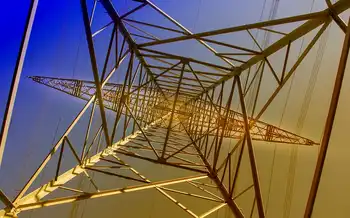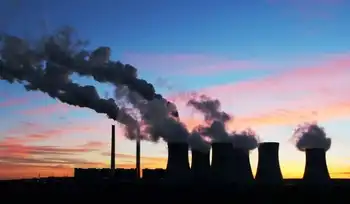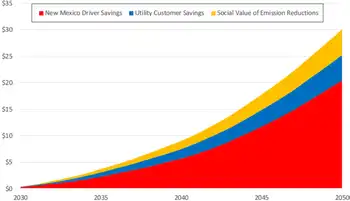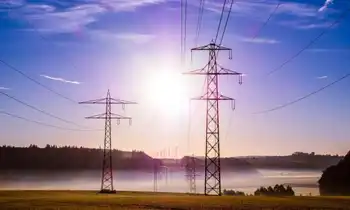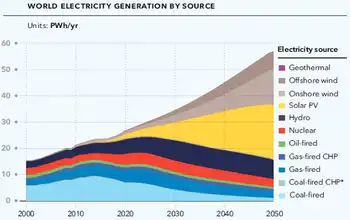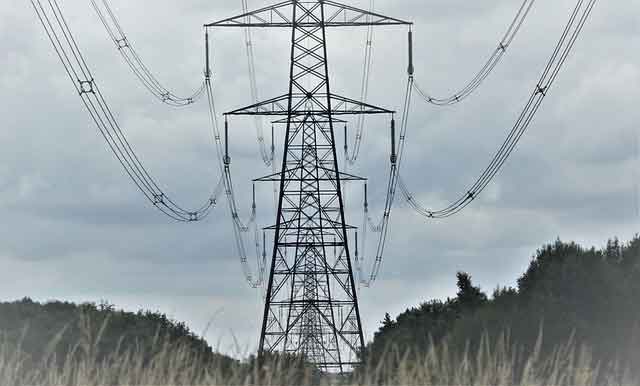Ottawa stalls on emission rules
By Globe and Mail
Substation Relay Protection Training
Our customized live online or in‑person group training can be delivered to your staff at your location.

- Live Online
- 12 hours Instructor-led
- Group Training Available
The Conservative government is waiting for the United States to decide how it will impose climatechange regulations before acting here. And the U.S. Congress could take up to two years to pass legislation that sets caps on greenhouse gas emissions, Mr. Prentice told a Senate committee.
In the meantime, he said, Ottawa will pursue regulations to reduce emissions in transportation, which account for 27 per cent of Canadas total, and in the electric power sector, which accounts for 16 per cent.
But he said Ottawa is being more cautious when dealing with industries that compete internationally for investment or markets, including the oil and gas industry, which accounts for 20 per cent of the countrys emissions.
“The tradeexposed area is the most difficult,” Mr. Prentice said. “This is where you have to deal with environmental objectives but we have to do it in a way where we dont face carbon leakage, which is to say the loss of jobs and investments.”
As the U.S. and Canada contemplate climate regulations, both have expressed fears of the potential loss of investment in energyintensive industries to developing countries that have more lax environmental rules.
The Harper government recommitted to a campaign pledge that it would prevent companies from exporting raw bitumen – unprocessed oil from the oil sands – to be processed elsewhere in order to take advantage of weaker regulation.
The issue of “carbon leakage” looms large in the oil sands as Chinese statecontrolled companies increase their investments, and Calgarybased Enbridge Inc. moves forward with a proposal for a pipeline to the West Coast to export bitumen to Pacific Rim markets.
Asias largest refiner, China Petroleum & Chemical Corp. Sinopec, has agreed to purchase a 9percent stake in the Syncrude oil sands project, which will give it access to a growing source of bitumen and a veto over any plans by its six ownership partners to spend large sums on a plant used to upgrade the bitumen in Canada.
The government has not spelled out how it would prevent companies from processing resources elsewhere to avoid onerous regulatory burdens, though one option would be an export tariff. At this point, however, its not clear how burdensome the Canadian rules would be.
Ottawa has committed to reducing Canadas greenhouse gas production by 17 per cent from 2005 levels by 2020. Emission levels in 2008 declined by 2 per cent from 2007, the government said, reflecting a slowdown in economic activity and greater use of hydroelectric power.
The opposition is trying to force the Conservative government to take more strenuous action on climate change.
An NDP private members bill on emissions won the support of the Liberals and Bloc Québécois in passing a recent Commons vote. It faces a final vote this spring before going to the Senate, where Liberal and independents will determine its fate. It would commit the government to reducing greenhouse gas emissions to 80 per cent below 1990 levels by 2050, and require independently reviewed government reports on progress toward those targets.
But when the opposition has managed to pass environmental legislation on previous occasions, the government has simply ignored it.
In the U.S., a nonpartisan group of senators is expected to table climate legislation. It will reportedly not include a cap on industrial emissions, but would instead impose taxes on gasoline and other petroleum products.
Mr. Prentice ruled out any federal “carbon tax.”





